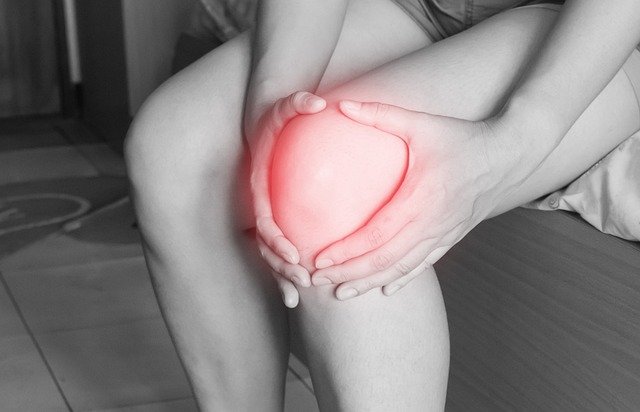Effective Knee Pain Treatment: From Home Remedies to Professional Care
Knee pain can significantly impact your daily life, making simple activities like walking or climbing stairs a challenge. Whether you're dealing with chronic discomfort or acute injury, understanding effective knee pain treatment options is crucial for maintaining joint health and overall well-being. This comprehensive guide explores various approaches to managing knee pain, from home remedies and exercises to professional interventions.

Which home remedies are effective for treating knee pain?
Several home remedies can provide relief from knee pain:
-
RICE method: Rest, Ice, Compression, and Elevation can help reduce inflammation and pain, especially for acute injuries.
-
Over-the-counter pain relievers: Nonsteroidal anti-inflammatory drugs (NSAIDs) like ibuprofen can help manage pain and reduce inflammation.
-
Heat therapy: Applying a warm compress or taking a warm bath can help relax muscles and increase blood flow to the affected area.
-
Herbal remedies: Some people find relief with natural anti-inflammatory agents like turmeric or ginger, though scientific evidence is limited.
-
Proper footwear: Wearing shoes with good arch support and cushioning can help reduce stress on the knees during daily activities.
It’s important to note that while these remedies can be helpful, persistent or severe knee pain should be evaluated by a healthcare professional.
How can exercise contribute to knee pain relief and joint health?
Exercise plays a crucial role in managing knee pain and improving joint health. When done correctly, targeted exercises can:
-
Strengthen muscles around the knee, providing better support and stability.
-
Improve flexibility and range of motion.
-
Promote weight loss, reducing stress on the knee joints.
-
Enhance circulation, which can aid in healing and reduce inflammation.
Some beneficial exercises for knee health include:
-
Low-impact cardio: Swimming, cycling, or using an elliptical machine.
-
Strength training: Focusing on exercises that target the quadriceps, hamstrings, and calf muscles.
-
Flexibility exercises: Gentle stretching to improve joint mobility.
-
Balance exercises: To improve stability and reduce the risk of falls.
It’s crucial to start any new exercise regimen gradually and consult with a healthcare provider or physical therapist, especially if you’re experiencing knee pain.
What role does inflammation play in knee pain, and how can it be managed?
Inflammation is often a key factor in knee pain, whether due to injury, arthritis, or overuse. When the knee becomes inflamed, it can lead to swelling, stiffness, and increased pain. Managing inflammation is crucial for effective knee pain treatment:
-
Anti-inflammatory diet: Consuming foods rich in omega-3 fatty acids, antioxidants, and other anti-inflammatory compounds can help reduce systemic inflammation.
-
Medications: NSAIDs and corticosteroids can be effective in reducing inflammation and pain.
-
Ice therapy: Applying ice to the affected area can help reduce swelling and numb pain.
-
Natural supplements: Some people find relief with supplements like glucosamine and chondroitin, though their effectiveness varies.
-
Lifestyle changes: Maintaining a healthy weight and avoiding activities that exacerbate inflammation can be beneficial.
When should you seek professional treatment for knee pain?
While many cases of knee pain can be managed at home, certain situations warrant professional medical attention:
-
Severe pain or swelling that doesn’t improve with rest and home remedies.
-
Inability to bear weight on the affected leg.
-
Visible deformity or misalignment of the knee.
-
Signs of infection, such as fever or redness around the joint.
-
Pain that interferes with daily activities or sleep.
Professional treatment options may include physical therapy, prescription medications, injections (such as corticosteroids or hyaluronic acid), or in severe cases, surgical intervention. The appropriate treatment will depend on the underlying cause of the knee pain and its severity.
Knee pain can be a complex issue, often requiring a multifaceted approach to treatment. By combining home remedies, targeted exercises, inflammation management, and professional care when necessary, most individuals can find relief and improve their knee health. Remember to listen to your body, start any new treatment regimen gradually, and consult with healthcare professionals for personalized advice and treatment plans.
This article is for informational purposes only and should not be considered medical advice. Please consult a qualified healthcare professional for personalized guidance and treatment.






